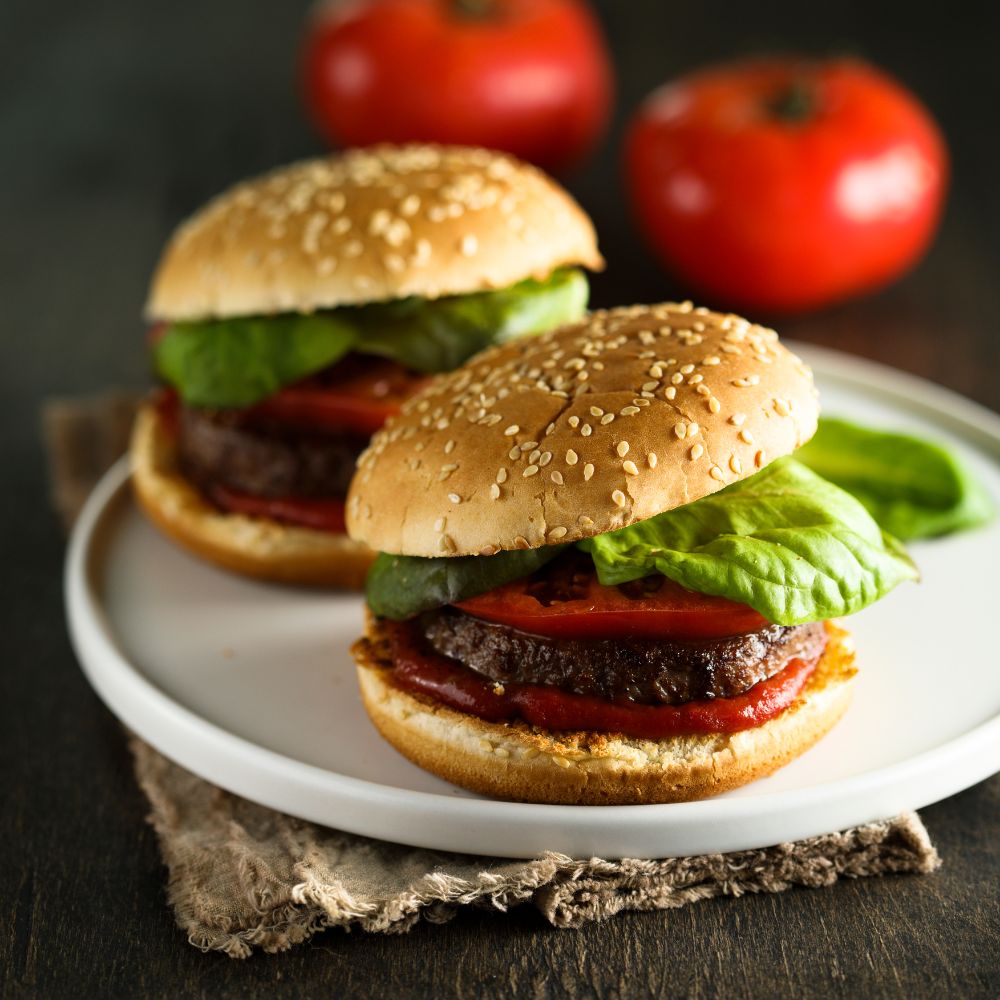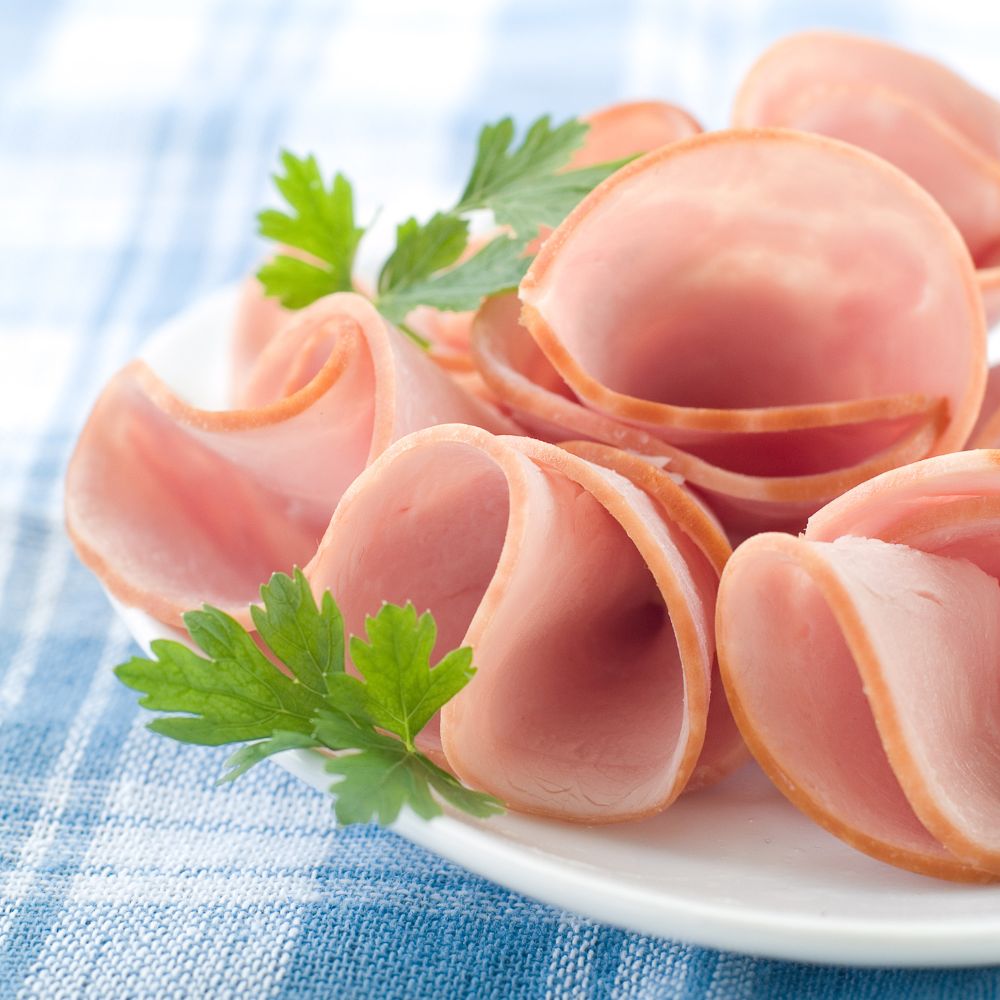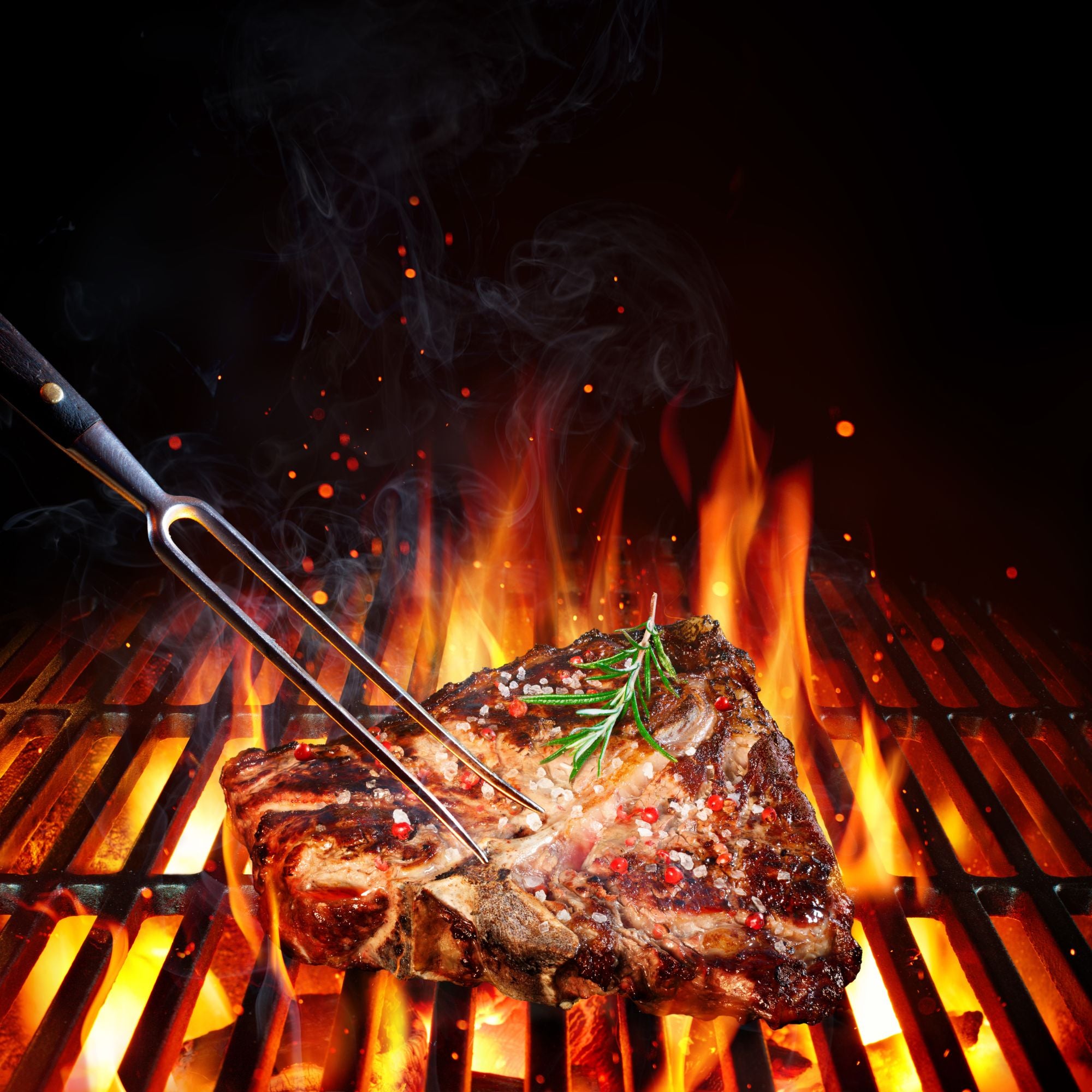Burger Patties — Beef Or Pork?
There's a lot of debate over how to make the perfect burger. For the true connoisseur and burger fan, only pure beef will do between the buns. But a burger made from mixed meat or pork also has its advantages. Even chicken or lamb are no longer unusual meats for burgers today. What's best, which burger patties really taste great?
What Makes A Good Burger Patty
The taste is the most important, but only one of the factors that decide the success or failure of a patty. Other factors also play a significant role. A burger must be juicy and flavorful. Patties need a specific consistency. If they're too hard or too dry, they won't taste good, and the diner will put the burger aside. If they're too juicy or fatty, the same thing happens. For this reason, the idea of making burger patties from beef and pork emerged a few years ago. But is this the solution and the pinnacle of culinary delight? Or are we mixing things that don’t really belong together?
Actually, the preparation of a burger is quite simple. But if you use the wrong meat and make the patty too thick or too thin, the enjoyment falls by the wayside. When you bite into a good burger patty, you immediately taste that the best ground meat was used, not just any ground meat. Whether beef or pork, it's really a matter of taste.
The Classic – Burger Patties From Pure Beef
In the original burger, the patty consists of 100% ground beef. Not to be confused with scraped meat, which is too lean and becomes too dry when grilled or fried. Pure, ground beef with a fat content of ideally 25 percent is optimal for a burger patty. Whether you choose the 100- or 200-gram variant and how the patty is cooked (rare, medium), depends on personal preferences. Beef patties are best cooked medium rare as the meat remains tender and juicy. If you prefer the meat to be pink but not bloody, it can also be cooked medium. It is important to use less heat and increase the fat content in the patty and the pan.
Tender And Juicy: Half And Half
If you don't like the consistency or taste of pure beef, you can prepare burger patties from beef and pork. It is recommended to use 2/3 beef and 1/3 pork or both types of meat in equal parts. The pork content should not exceed the beef content because otherwise, you won't taste the beef, and it feels like eating a pure pork patty. When using half beef and half pork, the patties become juicier than with pure beef. It's important to purchase good meat and grind it properly. You should avoid supermarket half-and-half ground meat for flavor reasons, as the pork content is often higher due to lower prices. A good mix of beef and pork is noticeable when the red color of the beef prevails and the meat does not look pale.
Burger Patties From Pork—An Alternative To Beef?
Pork patties are more than just an alternative. They are juicy, can be seasoned as desired, and prepared in various ways as a burger. However, pork cooks faster and shrinks more during frying than beef. Therefore, the patties should be larger and fried only briefly. With pork, it is particularly important to shape the patty very thin and press it down from above while frying to prevent it from "ballooning" and shrinking in diameter. If you find beef too dry or don't like it for other reasons, you can easily make patties with pure pork.
Pork is naturally fattier than beef, but it is important not to use ordinary ground meat but minced good quality pork. The higher the fat content of the patties, the less fat you need in the pan. If you want to prepare the patties on the grill, the fat content should be higher.
The Type Of Meat Is A Matter Of Taste
Whether burger patties from beef or pork are better cannot be said definitively. Although most burger fans swear by the classic and prefer beef, a pork patty can also be a real delight. If you can't decide, use half and half for your patties. Alternatively, you can also use poultry, veal, or lamb. The important thing is to buy good quality meat with a correspondingly high-fat content and not to overcook the patties.





Leave a comment
This site is protected by hCaptcha and the hCaptcha Privacy Policy and Terms of Service apply.